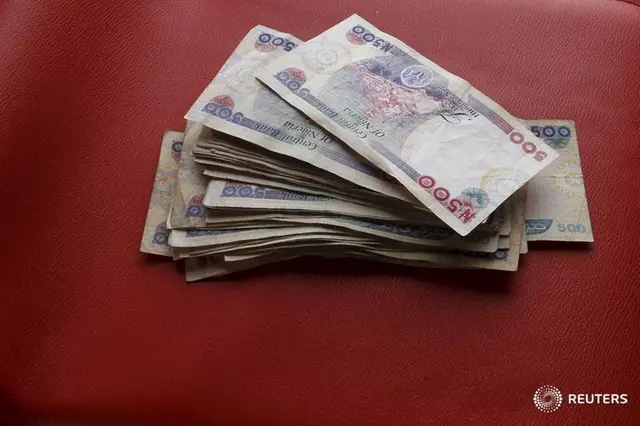The new rules, which will apply to federal, local and state officials, are aimed at combating money laundering and corruption and are in line with government efforts to move Africa’s most populous nation toward a cashless economy.
ABUJA – Nigerian officials will be barred from withdrawing cash from government accounts from March 1, the head of the Nigerian Financial Intelligence Unit (NFIU) said in a statement.
The new rules, which will apply to federal, local and state officials, are aimed at combating money laundering and corruption and are in line with government efforts to move Africa’s most populous nation toward a cashless economy.
“Civil servants are becoming more and more vulnerable to money laundering and its predicate offences due to their exposure to cash withdrawals from public accounts,” NFIU director and chief executive Modibbo R. HammanTukur said in the statement.
NFIU analysis found that from 2015 to 2022, officials withdrew nearly 1.1 trillion naira ($2.45 billion) from government accounts – most of it exceeding previous withdrawal limits.
“In the unlikely event that a public official feels he may need cash withdrawal, he may apply for approval for waiver from the presidency which may be granted on case-by-case basis,” HammanTukur said in the statement.
Last month, Nigeria’s central bank began circulating newly designed 200, 500 and 1,000 naira notes and limited weekly cash withdrawals in order to curb inflation and move towards a cashless economy.
Almost 85% of the 3.23 trillion naira ($7.2 billion) in cash in circulation is now held outside of banks. ($1 = 449.5500 naira)
(Reporting By Camillus Eboh, writing by Libby George; editing by Grant McCool)

































